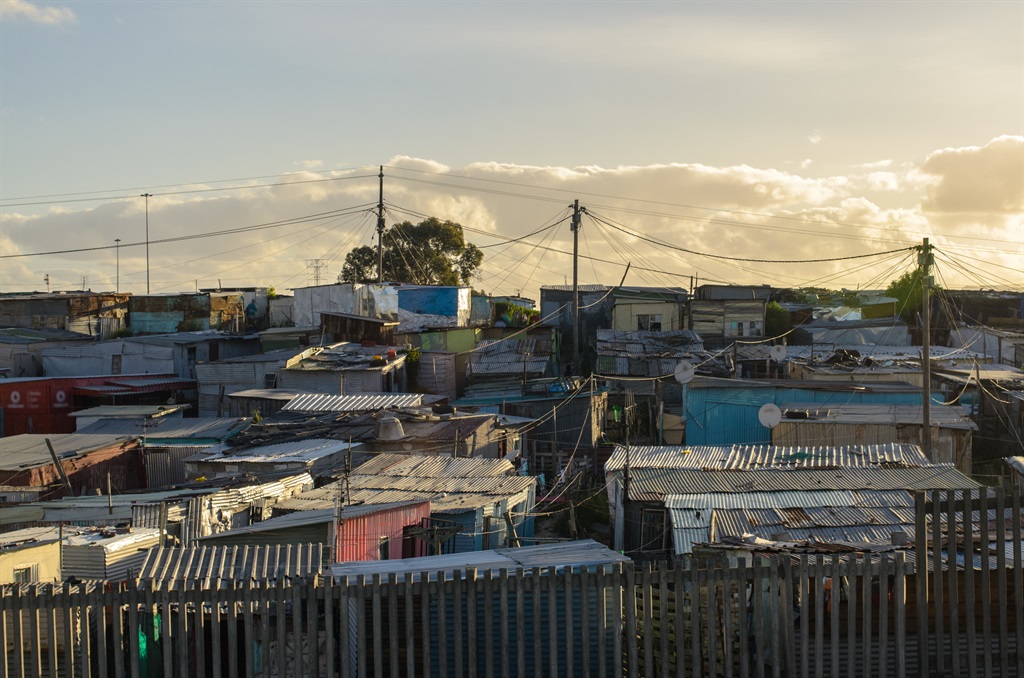
South Africa is one of the world’s most unequal societies with about 12 million people living in extreme poverty. Nowhere is this imbalance more glaring than in the area of shelter, where about 10% of South Africans – comprising an estimated 1.6 million households or about 4.7 million people – live in informal settlements.
High rates of urbanisation, population growth, financial constraints and rising development costs have made it impossible to keep pace with the demand for housing.
The current housing backlog is in excess of 2 million units despite the delivery of more than 3 million housing units and other opportunities through various government subsidy programmes since 1994.
Following the democratisation of South Africa, a new policy direction was set to redress the imbalances of the past. The National Housing Act containing the national housing code was adopted to provide for the facilitation of a sustainable housing development process and to lay down general principles applicable to housing development.
The national housing code contains a set of progressive housing subsidy programmes for low-income earners. According to former finance minister Trevor Manuel, and notwithstanding these progressive policies and subsidies, South Africa has almost the same number of people living in informal settlements now as it did in 1994 “in spite of the fact that government has provided nearly 3 million houses during the period…”
Compounding the problem is the estimation that about 17% of South African households considered to be living in inadequate housing earn between R3 500 and R12 800 a month, and are therefore excluded from the fully subsidised and mortgage-financed housing market.
This estimate shows that about 3.5 million households do not have access to either of the aforementioned options and is illustrative of the inability of the poor to access the property market.
A national discussion is required on the future funding of housing in South Africa, as well as the role of the government, the private sector and individual households in providing housing, and creating integrated and sustainable human settlements.
This is where Habitat for Humanity SA comes in with our P4 approach. Each of the four Ps play a significant role in achieving sustainable and holistic results.
People:
Our community partners are at the core of the P4 approach. Through a process of intensive dialogue and engagement, we co-produce action plans and development interventions, which speak directly to priorities identified by a community to ensure sustainability, impact and transformation.
Public:
This relates to our commitment to collaborating with government in all spheres.
Private:
We recognise the private sector as a critical partner in addressing the dire shelter and human settlements conditions of our communities. We therefore facilitate their participation in our community development activities.
Partnerships:
We acknowledge that the solution to the enormous challenge of inclusive urban development does not lie with a single sector alone; we are committed to creating a platform where the collective resources, capabilities, knowledge and skills of an array of partners can be harnessed and directed.
By partnering with communities, government, local construction companies, donors and the private sector, Habitat for Humanity SA is able to improve shelter conditions for South Africa’s low-income families. For example, we see the volunteer build programme as a vital catalyst for broader, long-term development of the families and communities we serve; uplifting families from poverty to stability and self-reliance. This is an important part of nation-building; relevant particularly now in South Africa’s next development phase. The solution to the housing problem lies in partnerships and collaboration between all key sectors of our society. It is when we work together that we can address the housing shortages and the lack of financial investment in seeking solutions.
• Kulati is the national director of Habitat for Humanity SA




 Publications
Publications
 Partners
Partners








